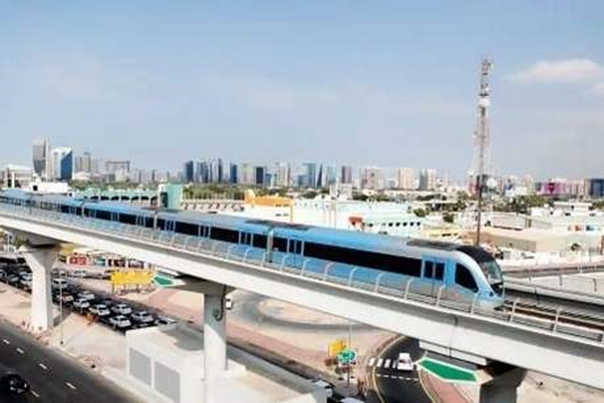New legislation is needed to govern the role of public-private partnerships in government departments, says Mattar Al Tayer, chairman and executive director of the Roads and Transport Authority.
He and other RTA executives met yesterday with business experts who argued the Government needed a centralized unit to oversee all public-private partnerships (PPP).
“I agree that risks must be shared by both parties, I agree that the Government, to allow growth, must allow more private sector participation in their projects,” said Mr Al Tayer.
“But I don’t see how a centralized unit can have the experience to address all the different projects.”
He gave an example of the Dubai Metro – a PPP project that cost Dh28 billion to develop in partnership with at least five multinational corporations. Even the everyday running of the Metro is handled by a PPP between the RTA and the British government service company, Serco.
But Mr Al Tayer said the process was severely hampered at first by companies who wanted to dictate the price of fares – something the Government wanted to keep low to attract more users to public transport.
“When we started negotiation with businesses we faced multiple challenges highlighted by the intervention of companies in fixing the transit rate,” he said.
“Imposing a high fare would have meant the Dubai Metro was doomed to fail in achieving its cherished objectives.”
The debate on PPP was part of the RTA’s annual best practices forum.
“Dubai should look at examples of better governance models and use these as a base to establish their own model,” said Ludo Van der Heyden, professor in corporate governance and strategy at Insead, one of the world’s largest and most prestigious graduate business schools with campuses around the globe.
David Harris, an adviser at the foreign investment office of Dubai Foreign Direct Investment, which is part of the Dubai Department of Economic Development, gave the example of Canada’s centralized unit, which handles all PPP projects.
“An independent centralized government unit could better facilitate the private sectors needs and address their concerns while also ensuring transparency and that risks are shared by all parties,” said Mr Harris.
RTA officials voiced strong disagreement. They said government departments were too dynamic and had too wide a range of expertise and experience to cede decision making to a central body.
Samuel Magid, a senior expert on infrastructure practices at global management consulting firm McKinsey and Company, proposed a central unit that would advise and not run individual projects.
All agreed that one of the main problems in PPP projects is the overpriced bids made by the private sector.
“Transparency in the project pipeline would allow the private parties to better plan their future investments,’’ said Mr Magid.
“This would also give the Government a better selection of partners.”



